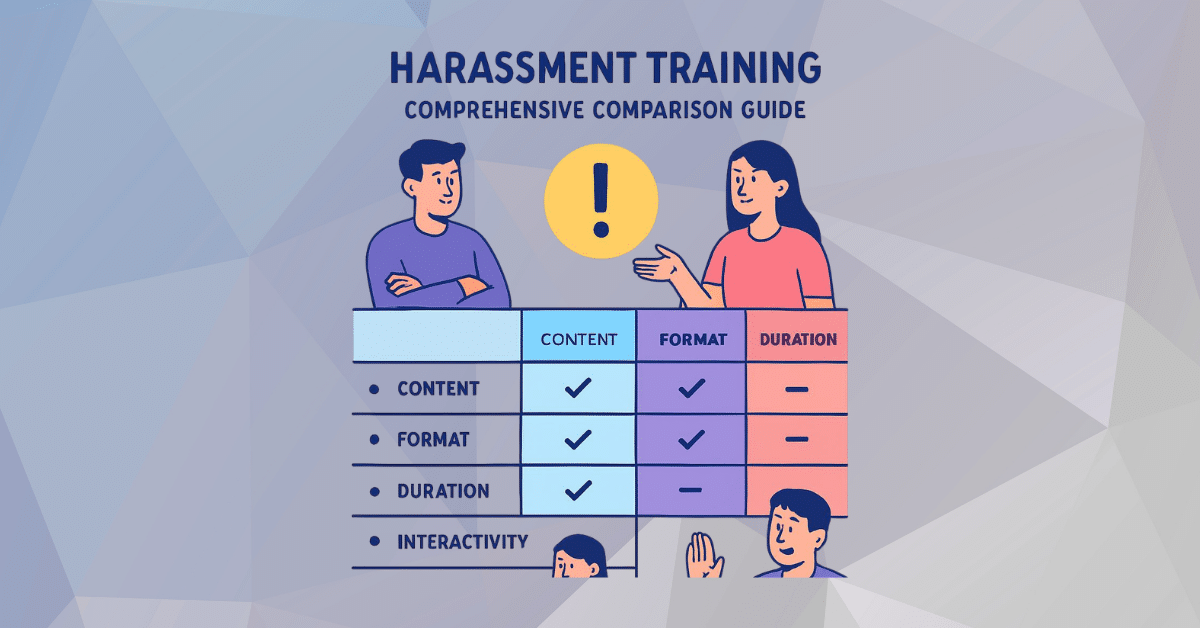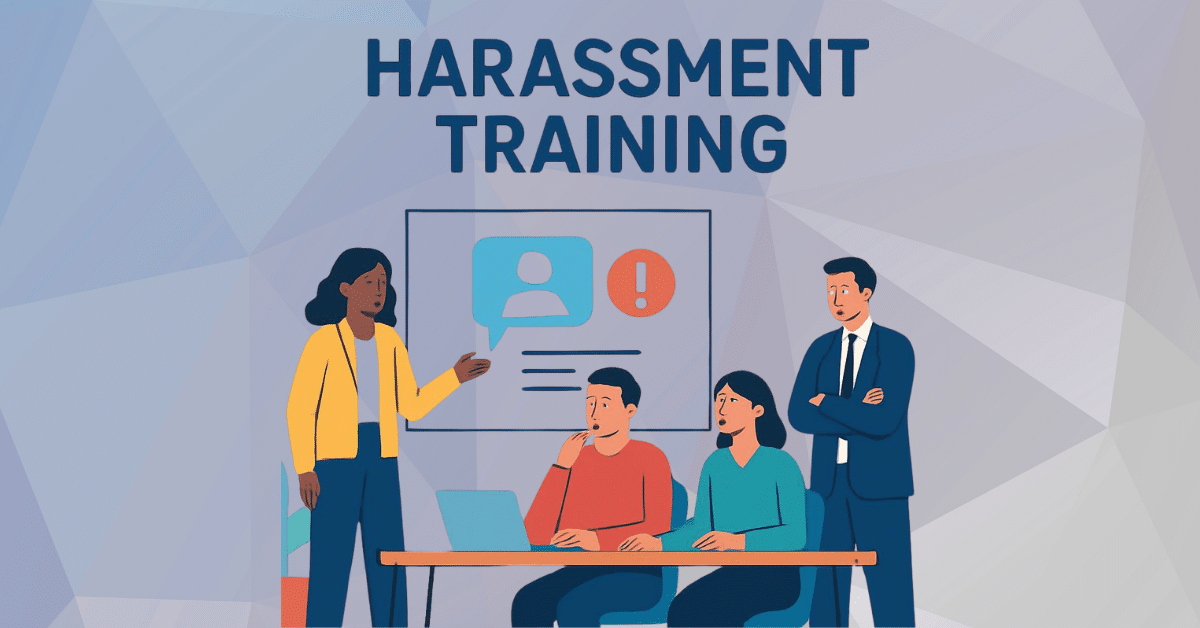A property manager in Los Angeles once received a letter from a state agency about a simple phrase in one of her rental ads: “no Section 8.” She believed she was setting clear expectations. The agency called it discrimination based on source of income. That one line put her at risk for fines, legal fees, and reputational damage.
What changed the outcome was not a clever legal defense. It was training. After completing a fair housing regulations certification program, she revised her advertising, coached her leasing team, and handled accommodation requests with confidence rather than guesswork.
If you own or manage rental housing, especially in California, a structured program does far more than satisfy a requirement. It gives you practical tools to protect residents, your team, and your business in a market where complaints and testing activity are increasing every year.
Why Fair Housing Training Matters More Than Ever
Fair housing is not just a chapter from the 1960s. Discrimination complaints continue to rise. Recent reports from national advocacy groups show tens of thousands of complaints each year, with most involving disability and rental housing.
In California, testing in markets such as Los Angeles and Ventura Counties has revealed troubling patterns, including:
- High rates of bias against renters who use housing assistance, such as voucher holders
- Unfair treatment of families with children through restrictive rules or steering
- Different treatment based on race, disability, or criminal history
These patterns show that discrimination remains a real risk, and regulators, advocates, and testers are actively looking for it. A certification program helps you move from hoping you are compliant to understanding how to identify risk and adjust daily practices before they become complaints.
Fair Housing Regulations Certification
A strong certification program explains how federal, state, and local fair housing rules work in real-world leasing and property management.
In most programs, you will see three main pillars:
- The legal framework: the federal Fair Housing Act and related civil rights laws
- State and sometimes city-level protections, including expanded protected classes and local ordinances
- Practical application: advertising, screening, leasing, reasonable accommodations and modifications, and complaint handling
Some companies offer national courses that cover general principles. Others provide a Fair Housing California Course that focuses specifically on state and local rules involving protected classes, source-of-income protections, and limits on criminal history screening. For California portfolios, state-specific content typically provides much stronger protection.
Core Legal Foundations You Will Master
Federal Fair Housing Act Basics
You learn the seven protected classes under federal law: race, color, religion, sex, national origin, familial status, and disability.
Good courses show what these protections look like in daily operations, including:
- Why phrases such as “adults only” can be treated as familial status discrimination
- How charging higher deposits for residents with wheelchairs or service animals can be seen as disability discrimination
- How steering families with children to certain buildings or floors may violate the law
Rather than only listing rules, effective programs use scenarios based on emails, phone calls, and policy choices. You practice spotting when a seemingly neutral decision creates unequal treatment.
California’s Added Protections and Higher Standards
California’s fair housing laws add many more protected characteristics, such as ancestry, citizenship, immigration status, primary language, sexual orientation, gender identity and expression, source of income, age, and military or veteran status.
In a California-focused section, you learn:
- Why “no Section 8” or “must have a full-time job” may be treated as illegal source-of-income discrimination
- How rules for pools, play areas, or curfews can quietly target families with children
- When criminal history policies cross into unlawful screening practices
You also see how federal and state protections overlap and where California holds housing providers to a higher standard than many other states.
Practical Skills for Everyday Leasing Decisions
The most valuable benefit of certification shows up in the skills you use every day. Strong programs explain not only what the law says, but also what to write, what to say, and how to document decisions.
Writing Compliant Advertising and Online Listings
You learn to identify risky language, such as:
- “Perfect for young professionals”
- “No kids” or “ideal for single adults”
- “Christian community” or “English speakers only”
Training helps you replace these phrases with inclusive, feature-focused language. Instead of describing who “should” live there, you describe the property itself: proximity to offices, parks, transit, schools, and other neutral amenities.
Fair Screening and Application Processes
Screening is one of the highest-risk areas for fair housing claims. A good program covers how to:
- Apply the same written criteria to every applicant
- Treat assistance income, vouchers, and co-signers consistently.
- Use criminal history in ways that align with federal guidance and state rules.
You learn to treat your criteria as guardrails that apply to everyone, rather than tools that vary from applicant to applicant.
Reasonable Accommodations and Modifications
Training devotes significant time to disability rights, especially reasonable accommodations and modifications. You walk through examples such as:
- Allowing an emotional support animal in a no-pet building
- Providing reserved parking for a resident with mobility limitations
- Adjusting rent due dates or communication methods for residents with specific disabilities
Instead of guessing whether a request is “reasonable,” you learn a structured approach:
- Receive and document the request.
- Ask only those questions permitted by law.
- Explore alternative solutions when the original request is not feasible.
Everyday Communication Habits
Casual comments during tours, renewals, and emails can create severe exposure. Training shows how to:
- Offer the same information and options to every prospect
- Keep notes factual and objective, rather than personal or subjective.
- Avoid comments about “safety for kids,” “quiet older residents,” or “nice Christian neighbors.”
Many communities now use online training to guide frontline teams through realistic conversations, using interactive examples and short quizzes.
Risk Management, Documentation, and Complaint Response
An essential part of any certification program is learning to manage risk before it evolves into a complaint.
You learn how to:
- Create written policies that align with the law and match your team’s daily workflow.
- Maintain records relating to screening, accommodations, and complaints.
- Respond if you receive a complaint from HUD, the California Civil Rights Department, or a private fair housing organization.
Private nonprofit fair housing groups now handle a large share of discrimination complaints nationwide, often relying on testers and detailed documentation. Certification prepares you for that level of scrutiny so your records tell a consistent story of fair treatment.
You also learn how retaliation is defined and why it is prohibited. For instance, you cannot raise rent, refuse to renew, or terminate a lease because a resident reported discrimination or requested an accommodation.
Who Benefits from Fair Housing Regulations Certification in California
A fair housing certification California program benefits anyone who influences housing decisions, including:
- Owners and investors who approve budgets and policies
- Property and regional managers who design and enforce procedures
- Leasing agents and assistants who tour units, collect applications, and handle paperwork.
- Maintenance supervisors who enter homes, interact with residents, and may receive accommodation requests.
- HR and compliance staff in larger management companies
When everyone has a shared understanding of fair housing rules, you reduce mixed messages and avoid the “no one told me” problem that often appears during investigations.
How a California-Focused Course Fits into Your Compliance Strategy
For California portfolios, fair housing training works alongside other education on harassment prevention, habitability, rent rules, and local ordinances. Fair housing provides the civil rights framework that supports all of these topics.
You can use certification to:
- Onboard new leasing, management, and maintenance staff
- Refresh knowledge every one to two years.
- Document training hours for insurers or corporate compliance programs
- Support culture change after a complaint, lawsuit, major acquisition, or leadership shift
Over time, regular training shifts the mindset from “how do we stay out of trouble” to “how do we ensure every applicant and resident receives a fair chance at housing.”
Choosing the Right Fair Housing Training Online
Not all online programs offer the same level of protection or practicality. When evaluating fair housing training online, look for:
- State-Specific Content: Federal law is the starting point, not the finish line. California providers must also address state fair housing law, source-of-income protections, and expanded protected classes.
- Scenario-Based Learning: Realistic emails, ad copy, screening scenarios, and call scripts make the material easier to remember than legal citations alone.
- Regular Updates: Enforcement priorities, complaint patterns, and technology such as AI-based screening continue to evolve. Your training should keep pace.
- Proof of Completion: Certificates, manager dashboards, and quiz results help you show good-faith compliance efforts.
- Accessibility for Staff: Short modules, mobile-friendly design, and clear language increase completion rates and retention.
When you choose a program with these features, certification becomes a tool you rely on throughout each leasing season rather than a one-time requirement.


















